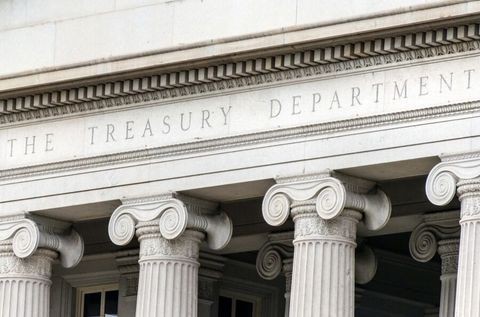Nimrah Najeeb
Overview
Nimrah Najeeb is a counsel in Crowell & Moring’s Washington, D.C. office and a member of the firm’s International Trade group. Nimrah focuses her practice on cross-border transactions and national security matters, including reviews conducted by the Committee on Foreign Investment in the United States (CFIUS), as well as economic sanctions, export controls, and anti-money laundering. Nimrah represents clients in all stages of the CFIUS process, including conducting diligence and national security risk assessments, evaluating CFIUS jurisdictional issues, advising on deal structure and strategy, preparing CFIUS filings, and negotiating complex mitigation agreements.
Career & Education
- Bryn Mawr College, B.A., cum laude, political science and history, 2010
- Fordham University School of Law, J.D., 2013
- District of Columbia
- New York
- Urdu
Nimrah's Insights
Client Alert | 3 min read | 02.12.26
On February 9, 2026, the U.S. Department of the Treasury’s (Treasury) Office of Investment Security (OIS) published a request for information (RFI) seeking public comments on how the Committee on Foreign Investment in the United States (CFIUS) might streamline its foreign investment review process, including through the Known Investor Program (KIP). The RFI requests feedback on (1) proposed eligibility criteria and a draft questionnaire for the KIP, including certain defined terms, and (2) other ways that CFIUS and transaction parties can streamline aspects of the foreign investment review process. Written comments are due March 18, 2026.
Firm News | 1 min read | 07.01.25
Crowell Represents Parsons Corporation in Strategic $89M Acquisition
Client Alert | 3 min read | 02.27.25
Insights
Nimrah's Insights
Client Alert | 3 min read | 02.12.26
On February 9, 2026, the U.S. Department of the Treasury’s (Treasury) Office of Investment Security (OIS) published a request for information (RFI) seeking public comments on how the Committee on Foreign Investment in the United States (CFIUS) might streamline its foreign investment review process, including through the Known Investor Program (KIP). The RFI requests feedback on (1) proposed eligibility criteria and a draft questionnaire for the KIP, including certain defined terms, and (2) other ways that CFIUS and transaction parties can streamline aspects of the foreign investment review process. Written comments are due March 18, 2026.
Firm News | 1 min read | 07.01.25
Crowell Represents Parsons Corporation in Strategic $89M Acquisition
Client Alert | 3 min read | 02.27.25






